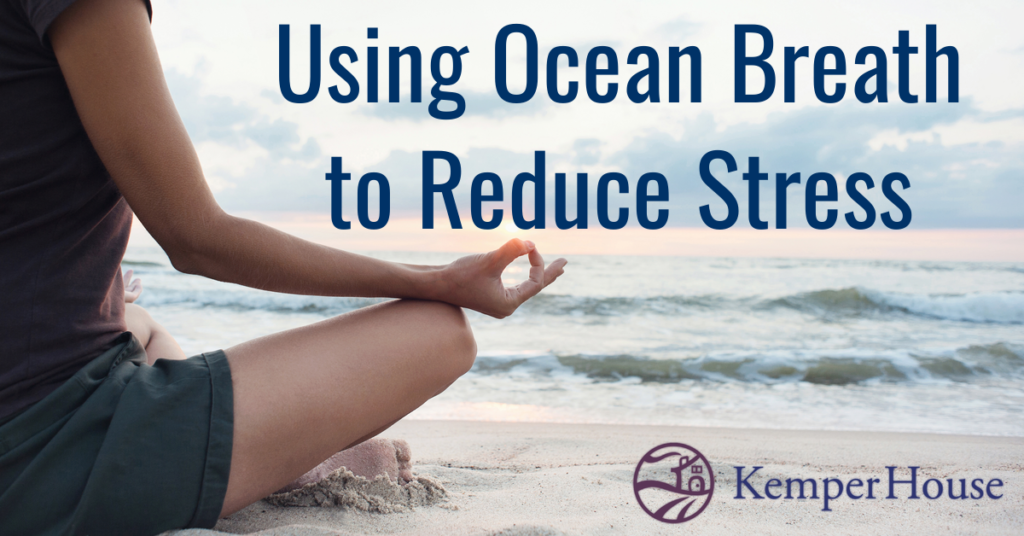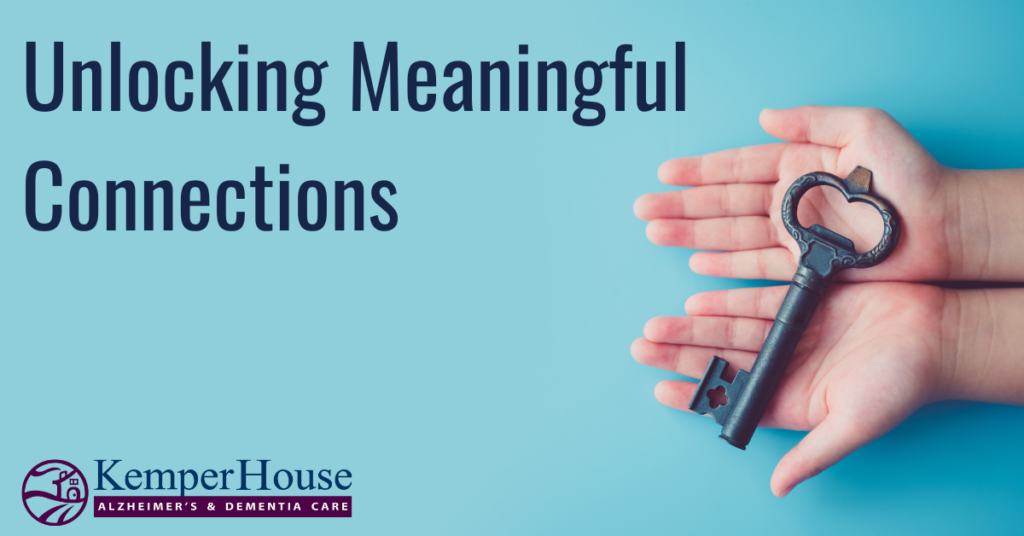
Using Ocean Breath to Reduce Stress
By Alison Connors, Certified Brain Health Trainer, FMCHC, NBC-HWC
When I first begin working with a coaching client, we address the basic concepts of wellness — four of the pillars of brain health — exercise, diet, sleep, and stress management. While diet and exercise are vitally important to brain health, people will remain vulnerable to cognitive loss if they don’t attend to the other two – sleep and stress. And since April is stress awareness month, I’d like to bring your attention to one of the simplest and most impactful ways to lower stress levels – utilizing the breath.
When our emotions are heightened, such as when we’re stressed, overwhelmed, or fearful, it can feel like our breathing gets hijacked and we lose control. This is because breath and emotions are intimately tied together; they impact one another and form a loop. Breathing rhythms send messages to the body which in turn affect mood, stress levels, and even immunity. The way we breathe can literally change our emotional and mental state.
There are two types of breathing. The first is automatic breathing, which we don’t need to think about – it just happens. The second type of breathing is a conscious breathing pattern, which takes over for the automatic breathing. During times of stress, you may find yourself holding your breath or taking shallow breaths – this is the fight or flight response. The quickest way to switch out of fight or flight and calm the nervous system is to engage a conscious breathing pattern.
While I have used many effective breathing techniques, my favorite is the Ocean Breath technique, which I first learned from Max Strom. The Ocean Breath is also known as Ujjayi (pronounced oo-jai) pranayama or victorious breath. With Ujjayi breathing, there’s a slight constriction at the back of the throat, which results in a hissing sound reminiscent to Darth Vader in Star Wars.
Ocean Breathing coupled with deep breathing activates your rest-and-digest relaxation response because it stimulates the Vagus nerve, a key nerve that passes from the base of your brain, through your face and throat, down to your gut.
Let’s give it a try.
- Sit comfortably with your back upright or stand with your feet wider than hip-width apart.
- Place your hands on the sides of your rib cage with your elbows pulled back, so your chest opens up.
- Place the tip of your tongue at the roof of your mouth.
- Take a deep breath through your mouth, slowly for 5 counts by expanding your lower belly as your lungs fill with air. Tighten the back of your throat to produce the sound of the ocean (similar to the sound you make when fogging up a mirror).
- Exhale through your mouth, slowly to the count of 7 while tightening the back of your throat to produce the sound of an ocean wave (remember to keep your upper body still).
- Keep inhaling and exhaling in this manner and bring your awareness to the sound of the waves emanating from within you.
- Keep your awareness on the ocean sound and feel the waves of vital energy ebbing and flowing inside you.
- Keep this breathing pace of inhaling for 5 and exhaling for 7 for at least 10 rounds (2 minutes.)
You should notice a difference after just 10 minutes. Practice daily and feel the benefits of a calm mind and body.
Sources:


